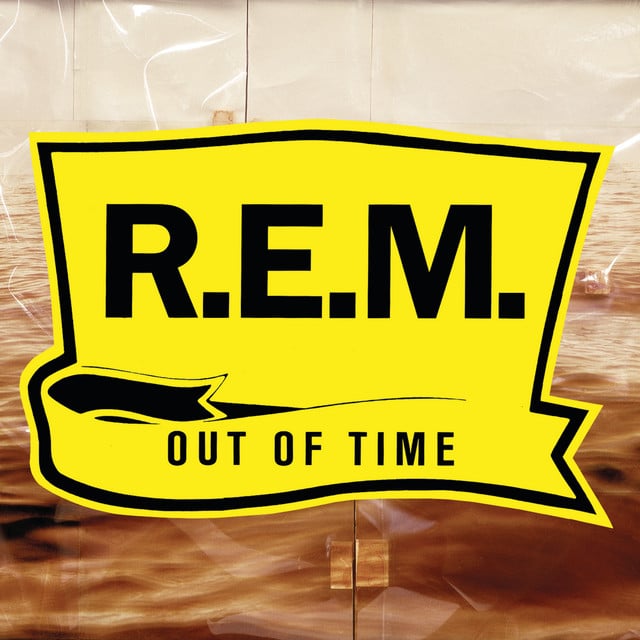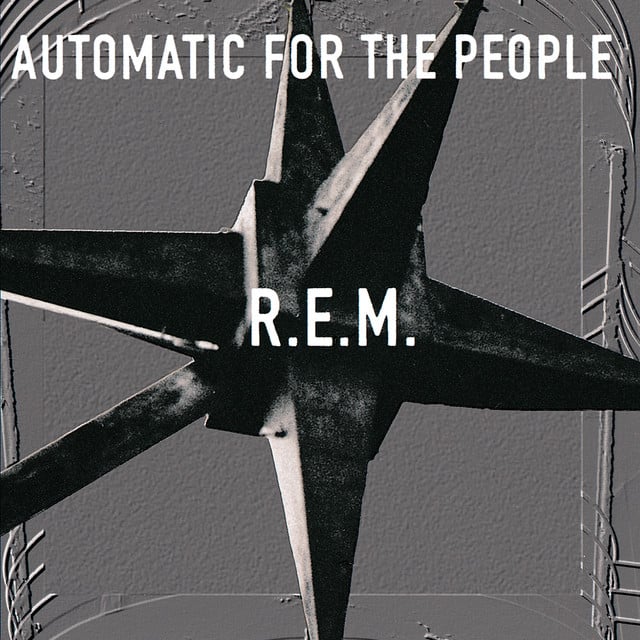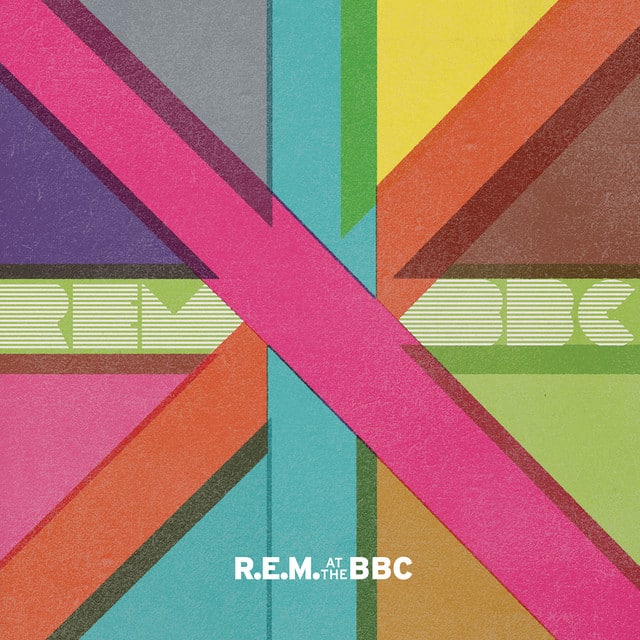Released: 1991
“Losing My Religion” by R.E.M. is a profound exploration of doubt, unrequited love, and existential angst, peppered with spiritual metaphor. This track doesn’t just walk the line between the personal and the universal; it dances across it, delving deep into the vulnerability and uncertainty that comes with human connection and personal revelation.
The opening line, “Oh, life, it’s bigger / It’s bigger than you / And you are not me,” sets a tone of introspection right off the bat. Here, Michael Stipe, R.E.M.’s frontman, is laying down the groundwork for a dialogue on individual perspective and life’s overwhelming enormity. “The lengths that I will go to / The distance in your eyes,” speaks to the effort one exerts in trying to bridge the gap in understanding or connection with another, a gap signified by “the distance in your eyes.”
The chorus, “That’s me in the corner / That’s me in the spotlight / Losing my religion,” employs the phrase “losing my religion” not in its literal sense, but as an old Southern expression for losing one’s temper or being at the end of one’s rope. Stipe uses it to convey a feeling of being out of one’s comfort zone, of feeling exposed or vulnerable, especially in the face of unrequited love or the fear of it. The spotlight metaphor amplifies this feeling of being scrutinized or laid bare, with every action and thought magnified.
When Stipe sings, “Trying to keep up with you / And I don’t know if I can do it,” it’s a moment of raw honesty, acknowledging the strain of trying to maintain a connection, or perhaps, emulating someone else’s expectations. The phrase “I’ve said too much / I haven’t said enough” captures the essence of human communication: the constant worry whether we’ve overshared or haven’t shared enough to be understood.
“Every whisper / Of every waking hour / I’m choosing my confessions,” this lyric delves into the idea of being hyper-aware of our words and actions, especially when we’re fixated on someone. The “hurt, lost and blinded fool” line reinforces the song’s theme of vulnerability and the dizzying confusion of emotions involved in laying oneself bare, both in love and in the quest for self-identity.
“Consider this, the hint of the century / Consider this, the slip,” could be interpreted as Stipe pointing out a moment of epiphany or realization, possibly the recognition of unreciprocated feelings, or maybe a broader comment on existential or spiritual realization. “That brought me to my knees, failed” suggests a moment of surrender, of being overwhelmed by the magnitude of these revelations.
Finally, the closing lines, “But that was just a dream / Try, cry, why try? / That was just a dream / Just a dream, just a dream, dream,” encapsulate the ephemeral nature of our struggles, aspirations, and even our pains. It’s a sobering reminder that much of what agonizes us exists primarily in our head, our fears and desires manifesting as dreams that seem so tangible, yet are fleeting.
In “Losing My Religion,” R.E.M. crafted a masterpiece that resonates on a deeply personal level while encompassing the universal human experience of seeking connection, grappling with self-doubt, and the pursuit of understanding. Through its intricate lyrics and emotive delivery, the song invites listeners to reflect on their own vulnerabilities and the lengths to which we go to find, and keep, our place in the world.








